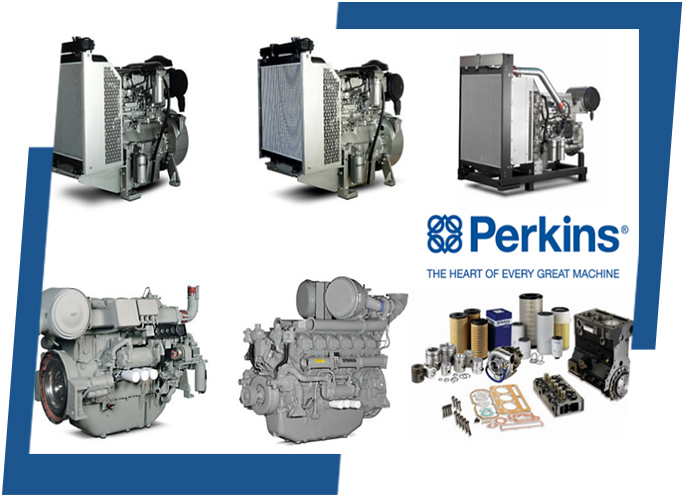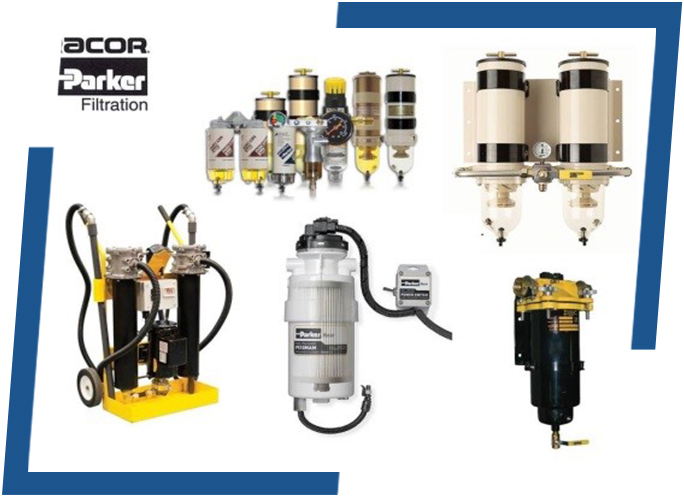Proper generator maintenance is an essential aspect to ensure that the equipment functions when and as it should – when problems occur with the mains power supply such as phase anomalies, brown-outs and power outages (black-outs).
We of course respond as quickly as we can to emergency call outs but recommend a maintenance schedule which, at a certain moment in time, best fits the customer’s requirements and budget:
- annual service = checkup with service
- annual service + one preventive checkup at 6-month intervals = 1 checkup + service
- annual service + one preventive checkup at 4-month intervals = 2 checkups + service
- annual service + one preventive checkup at 3-month intervals (quarterly) = 3 checkups + service
- annual service + one preventive checkup each month = 11 checkups + service

The generator preventive maintenance program covers:
- check when was the last checkup and any notes/comments
- general visual and touch inspection for leaks, brittleness of hoses, parameters on controller
- lubricating system – oil level, pressure; change of oil and filter(s) during service
- cooling system – level and protection; top up or change as necessary; coolant heater
- fuel system – fuel level; change of fuel filter(s) during service
- air filtration system – check air filter and clean or change as necessary
- battery terminals and charge – change charger or battery depending on state (battery manufacturer warranty is usually 2 years – preventive change, recommended);
- start and shutdown, with cooling down period
- check for any anomalies and repair or
- write report with comments and recommendations
We only use original spare parts from the manufacturers or from their leading OEM suppliers. The same goes for fluids – oil and antifreeze, as well as batteries.
If certain part is not in our stock, we order from the manufacturer who ship by courier, for quick delivery. For diesel fuel we recommend using Eurodizel. For old fuel which has never been topped up for many years, we recommend a laboratory check at NIS, or a top up with fresh fuel to upgrade.
